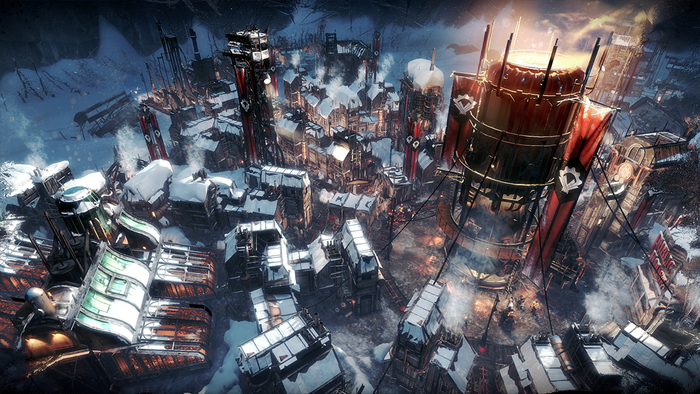Researchers say they've collected the equivalent of 1,700 years of research data that can be used to better detect Alzheimer's across just a few years.

Researchers are using a VR game to help study Alzheimer's and dementia and say that, over just a few years, the game has already collected the equivalent of 1,700 years worth of data.
A study spotted by Kotaku UK on Sea Hero Quest shows how the VR game has helped researchers collect information on the early signs of Alzheimer’s on a large scale in a limited period of time.
The game itself tasks its players with navigating a virtual boat using checkpoints that they have to commit to memory. It’s a loop aimed at analyzing some of the earlier symptoms of Alzheimer’s, as opposed to the more widely known late-stage symptoms such as severe memory loss.
Researchers estimate that two minutes of gameplay equates to around five hours of lab-based research, and the project has made it possible for the team to rapidly collect data that can then be used as a baseline to compare more focused tests against
For instance, they studied people carrying a specific gene, APOE4, thought to be linked to dementia and compared their performance against players who didn’t have the APOE4 gene. The study found that those players with a high genetic risk typically took less efficient routes and performed worse on tasks involving spatial navigation.
XRDC 2019 is looking for speakers! Submit your talk here. (XRDC and Gamasutra are UBM Americas brands.)
About the Author(s)
You May Also Like







